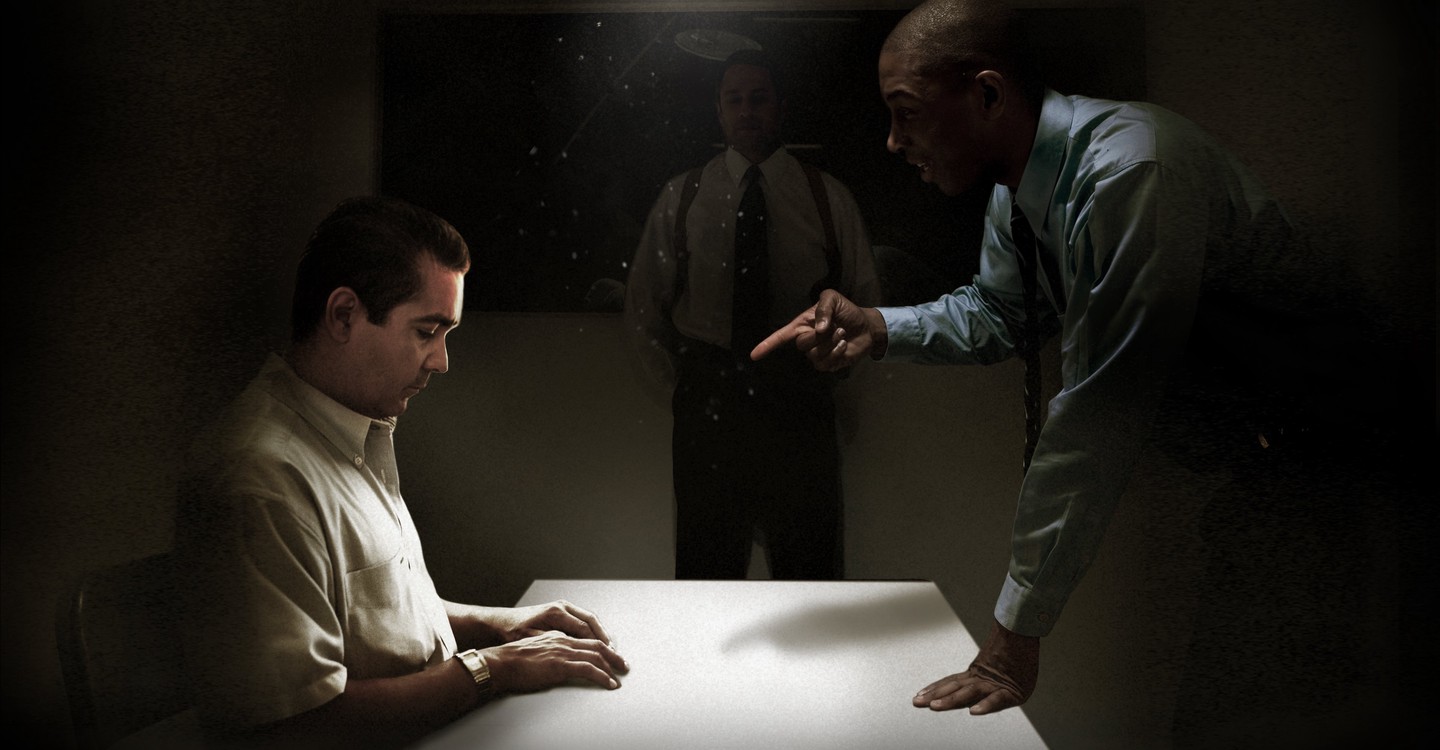Every person who files a bankruptcy case has to show up somewhere for at least one hearing and face the music by answering a series of questions under oath.
These “hearings” are called the “meeting of creditors” or sometimes the “341 hearing” after section 341 of the bankruptcy code which requires it. They will take place somewhere in the state where the case was filed, often in an office building instead of a courthouse. The trustee — another bankruptcy lawyer — presides, instead of a judge. Creditors are invited to attend, hence the name, but rarely do in consumer cases. If you have hired a bankruptcy attorney, he or she will be sitting next to you. I tell people to expect that the meeting will typically last between five and ten minutes.
So, what types of questions are asked? Here are a few of the common ones:
Have you owed real estate in the past six years?
Real estate is a prime focus for bankruptcy trustees. It’s usually worth a lot of money, and may not be exempt from attachment unless it is the debtor’s primary residence. Trustees love finding real estate they can sell. There is nothing magic about the “six years” figure, some trustees may ask about a different period. Some may ask if you have ever owned real estate.
Do you have an interest in a trust?
Anything to do with trusts are also of extreme interest to bankruptcy trustees. While most debtors realize that a piece of real estate needs to be listed as property when they file for bankruptcy, they may not know (or remember) about trusts. If a debtor is involved in a trust, he should expect at a minimum that the trustee will ask for a copy of the trust documents, which will be scoured with a fine-tooth comb for loopholes. To avoid trouble with trusts, give your attorney a copy of the trust as soon as you hire him.
Do you have any uncashed winning (lottery, bingo, racing) tickets?
I’ve never met anyone struggling with financial problems who sat on winning tickets, but I guess hope springs eternal.
(For renters) Who is your landlord?
After the debtor spits out the name of the landlord, the followup question is whether said landlord is a relative. Rest easy — it’s not against any law to rent property from a relative. What the trustees are looking for (and what will be a problem) is situations where the debtor has transferred real estate to a relative before filing the case, in order to avoid it’s detection. That’s bad news.
Have you been involved in a personal injury accident, or worker’s compensation claim?
Injury claims are another sort of hidden asset that debtors might not think about if there focus is on property that is actual stuff. Depending on your situation, you may be able to claim a federal exemption for up to $15,000 in personal injury claims, so small cases may be fully exempt, and you should be able to receive at least part of a settlement in every case. But they need to be disclosed.
Did you pay any creditor more than $600 in the ninety days prior to filing the case?
This is one of a series of questions attempting to identify what the bankruptcy code calls “preferences” — where one creditor gets paid in lieu of the others. Bankruptcy trustees can make money by finding preferences and undoing them, either by sending out threatening letters or by filing lawsuits, or both.
The law on preferences is complicated, and riddled with technicalities and exceptions. But easily the most worrisome for the debtor is where the preferred party is a parent or other close relative. Watch out here — making payments on family loans before filing a bankruptcy case can cause embarrassing grief for both the debtor and his relatives.
Also note that answering this question properly means you need to know the date the case was filed, and to make some mental calculations. Spending a few minutes before the meeting reviewing the notice of bankruptcy filing that was mailed out to you can help relieve a lot of the anxiety involved in these usually short, perfunctory meetings.
by Doug Beaton
